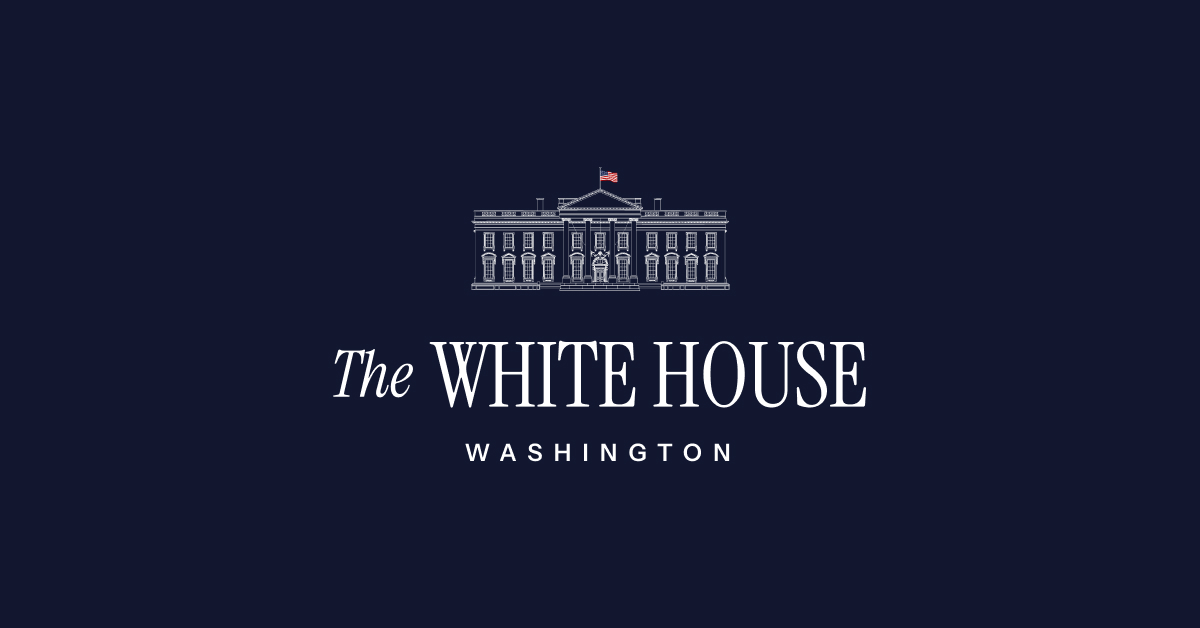The mayor is the democratic figure in whom the French have the most confidence
A new study highlights the key role played by mayors in French democracy, and found that these local figures – of which there are almost 35,000 – are by far the elected officials most trusted by the French people.
A key figure in local French life, there are more than three times the number of mayors in France as there are in neighbouring Germany, despite its far larger population, and more than four times more than in Italy.
France's mayors, as the head of each commune's local council, have signifiant powers and responsibilities – including managing the budget and municipal staff and resources, enforcing local laws and regulations, and representing the state at a local level.
The findings of the study, published last week and conducted jointly by the university and the Association of Mayors of France, reiterated their importance to voters, and the level of trust they enjoy – which far outstrips that bestowed on other elected representatives.
RFI spoke to its author Martial Foucault, a professor of politics at Sciences Po Paris.
This is something we've been observing for more than 15 years. The mayor is the democratic personality in whom the French have the most confidence, far ahead of other representatives such as deputies, senators, regional or departmental councillors – and I'm not even talking about the national executive.
Not only is this level of trust high – around 70 percent – but it can withstand any crisis, including national ones, the local repercussions of which can complicate the work of mayors and their ability to find solutions.
We saw this during the Covid-19 pandemic and the energy crisis. Mayors try as best they can to respond to requests, even those for which they are not necessarily equipped, and local people are grateful because they feel that this action is visible. The fact that mayors are seen to take action gives them this capital of trust.
Far-right French mayor imposes curfew on children to tackle 'violence'
The survey highlights two important factors. Firstly, honesty. Dishonest elected officials or those tainted by scandal destroy this capital of trust. The second important criterion is the mayor's ability to keep his promises. An elected official who is willing to listen during an election but just does as he pleases once elected would generate mistrust.
Public trust is based on these two criteria, and much less on a demand for knowledge of the technicalities, for highly competent elected officials who really know their stuff. That matters, but it's not essential in the eyes of the French – and that's one of the surprises of the study.
Expectations remain high, and that's good news for the democratic imperative. We live in a society where unforeseen events are numerous, be they climatic, financial, energy-related...
I remember that two terms ago, the key issue was employment. People thought that mayors had a magic wand to transform their territory into a beacon of attractiveness for employers in order to solve the unemployment issue. This is no longer the case.
The survey I conducted in 2019, during the previous municipal election campaign, highlighted voters' expectations around environmental issues and safety issues. In the study [we published last week], the primary demand is for greater protection, and peace and quiet. At the local and municipal level, what counts in the minds of citizens is the improvement of their living environment.
Strasbourg city mayor sues French state for failure to accommodate the homeless
Indeed, the survey underlines that French citizens want greater transparency in the decision-making process. They expect their mayors to be more concerned with seeking consensus before making decisions, and that's something new.
The French also say they expect their mayors to act as mediators in the event of conflict, and this is also new. There has been much discussion about the rise in violence towards local elected representatives. Mayors are discovering the importance of mediation. And yet, depending on their background, not everyone is an innate mediator. So that should be a priority for mayoral associations: training mayors in mediation issues, to prevent situations from flaring up or degenerating.
One can be demanding of one's representatives without committing oneself. Our survey shows that 24 percent of French people would be prepared to get involved in the life of the local council. This figure may sound very low, but to me it's considerable. Because 24 percent of French people registered on electoral lists represents 12 to 13 million citizens. In reality, however, the number of those actually involved is barely 1 million. But this percentage does indicate real potential for commitment.
The question now is how to turn potential into reality. This involves understanding why so few people get involved. The main reason is that certain categories of French people are under-represented, and this doesn't encourage their peers to take the plunge. Young people under 40 are under-involved, for example. The same applies to women.
Ex-mayor of Normandy village acquitted of complicity in drug trafficking
Does this report give cause for optimism ahead of the local elections in March 2026?
Yes. In a highly polarised society, where majorities are hard to obtain in parliament, the simple fact of knowing that, at a local level, the mayor has the ability to [have an impact] is a source of optimism.
In fact, when the French are asked about their vision for the future in the area where they live and work, the majority are optimistic, whereas the same question at a national level gives more pessimistic answers.
Even if it's not the answer to all problems, the local level perhaps provides a democratic – and personal – breathing space that helps create a little more happiness than when we look at things on a bigger scale.
This interview was adapted from the original version in French and has been lightly edited for clarity.
You may also like...
Diddy's Legal Troubles & Racketeering Trial

Music mogul Sean 'Diddy' Combs was acquitted of sex trafficking and racketeering charges but convicted on transportation...
Thomas Partey Faces Rape & Sexual Assault Charges

Former Arsenal midfielder Thomas Partey has been formally charged with multiple counts of rape and sexual assault by UK ...
Nigeria Universities Changes Admission Policies

JAMB has clarified its admission policies, rectifying a student's status, reiterating the necessity of its Central Admis...
Ghana's Economic Reforms & Gold Sector Initiatives

Ghana is undertaking a comprehensive economic overhaul with President John Dramani Mahama's 24-Hour Economy and Accelera...
WAFCON 2024 African Women's Football Tournament

The 2024 Women's Africa Cup of Nations opened with thrilling matches, seeing Nigeria's Super Falcons secure a dominant 3...
Emergence & Dynamics of Nigeria's ADC Coalition

A new opposition coalition, led by the African Democratic Congress (ADC), is emerging to challenge President Bola Ahmed ...
Demise of Olubadan of Ibadanland
Oba Owolabi Olakulehin, the 43rd Olubadan of Ibadanland, has died at 90, concluding a life of distinguished service in t...
Death of Nigerian Goalkeeping Legend Peter Rufai

Nigerian football mourns the death of legendary Super Eagles goalkeeper Peter Rufai, who passed away at 61. Known as 'Do...





